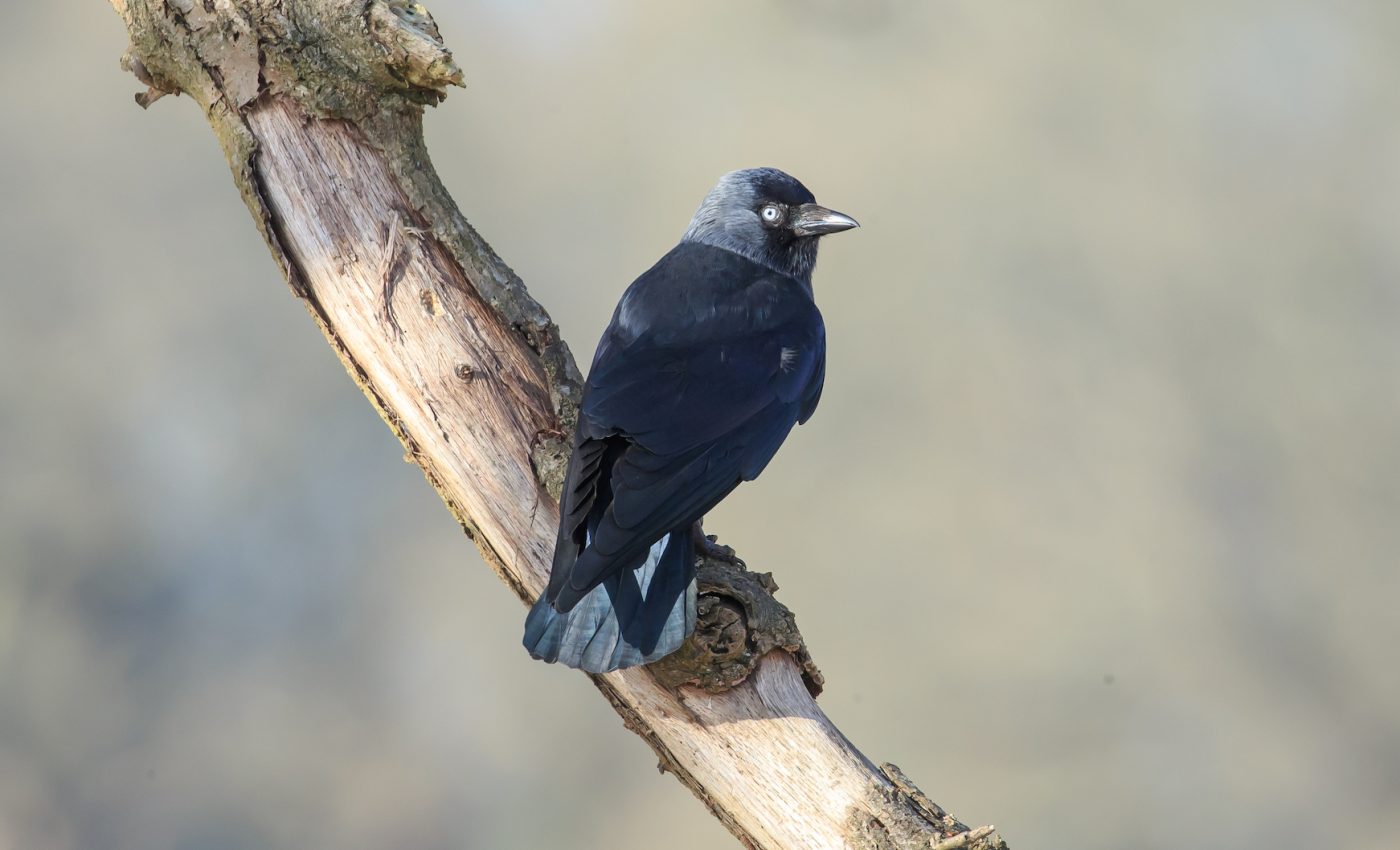
Jackdaws can warn each other about humans they perceive as threats
Researchers at the University of Exeter have discovered that a group of crows known as jackdaws send out warning calls when they identify “dangerous” humans. These birds are known to have the ability to recognize individual human faces, and they respond differently to people that they consider to be a threat.
For the study, the team designed an experiment in which an unfamiliar person approached a jackdaw nest. Simultaneously, a recorded bird call was played that either indicated a warning or suggested there was no threat.
The birds who received a warning call were found to react defensively when they saw the same person again, rushing back to their nests more quickly.
Study lead author Victoria Lee is a PhD researcher at the Centre for Ecology and Conservation on Exeter’s Penryn Campus in Cornwall.
“One of the big challenges for a lot of animals is how to live alongside humans,” said Lee. “People can provide some benefits, such as the food at bird feeders, but in some cases humans are also a threat.”
“Being able to discriminate between dangerous and harmless people is likely to be beneficial, and in this case we see jackdaws can learn to identify dangerous people without having had a bad experience themselves.”
The study was focused on 34 jackdaw nest boxes at three sites in Cornwall. When the jackdaws were alerted to danger, they were found to return to their nest boxes more than twice as quickly upon seeing the person again. On the other hand, the birds that heard a simple contact call took their time in returning to the nest.
Furthermore, none of the calls appeared to influence how long the birds took to enter their nest box or how long they remained inside.
The study is published in the journal Royal Society Open Science.
—
By Chrissy Sexton, Earth.com Staff Writer
Image Credit: Shutterstock/Edwin Godinho













